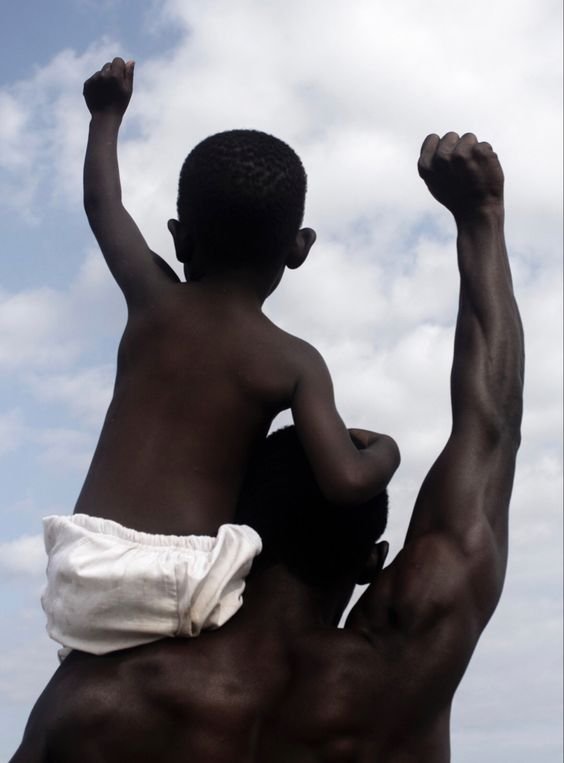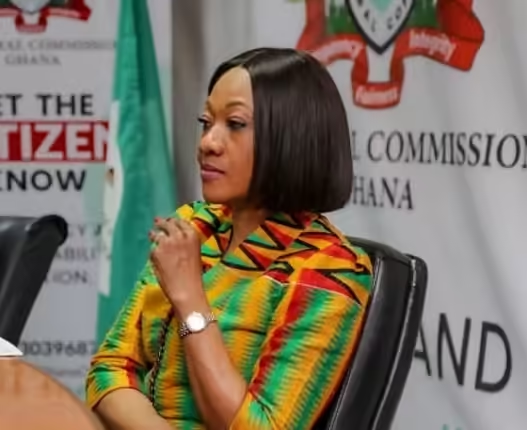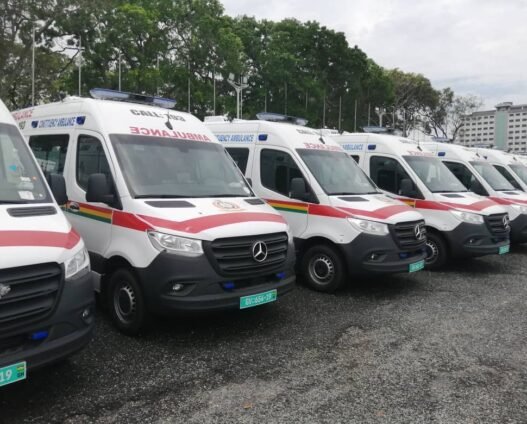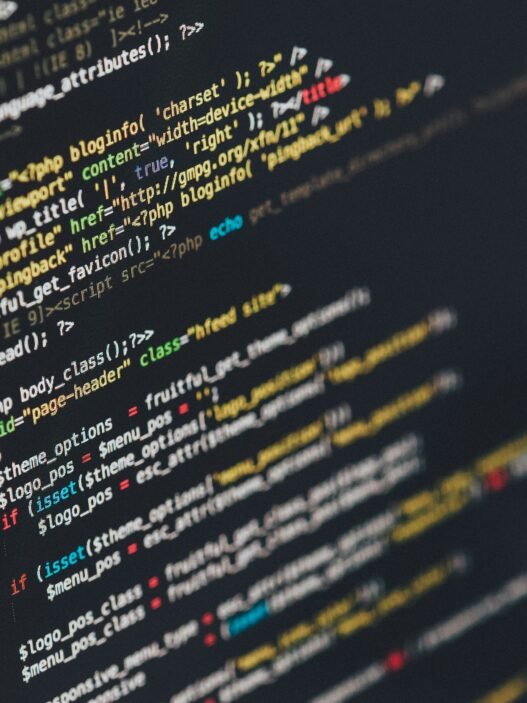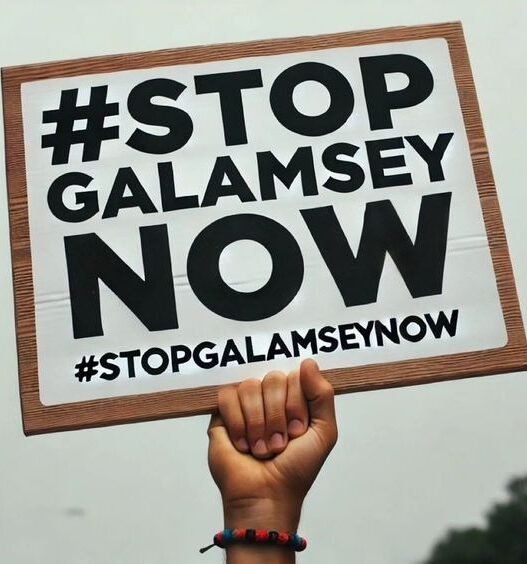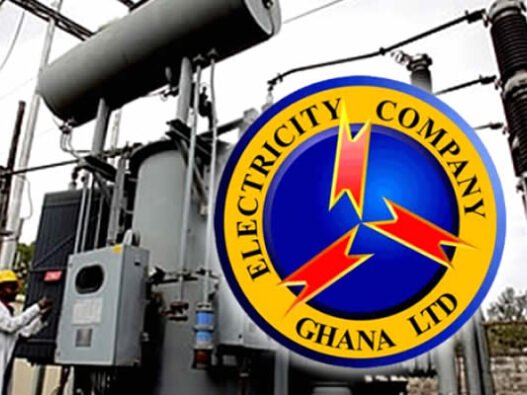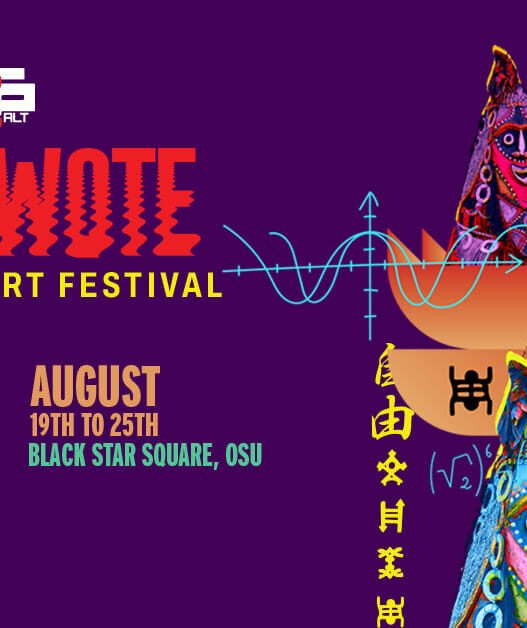In recent years, the youth of Ghana have emerged as powerful advocates for change, utilizing social media platforms to amplify their voices and promote social justice causes. From climate action to gender equality and political accountability, young activists are harnessing the power of digital communication to mobilize communities, raise awareness, and influence public policy. This article delves into the vibrant landscape of youth activism in Ghana, examining the crucial role social media plays in driving social change.
“Let us be inspired by the progress we have made and the future we can build together.”
Kofi Annan, Former UN Secretary General
The Rise of Youth Activism
Ghana’s youth, comprising nearly 60% of the population, are increasingly aware of the social, economic, and political issues that impact their lives. The rise of youth activism can be attributed to a combination of factors, including widespread access to technology, increased education, and a growing sense of civic responsibility. Young Ghanaians are taking to platforms like Twitter, Facebook, and Instagram to express their opinions, organize movements, and advocate for policies that resonate with their aspirations.
Social Media as a Tool for Advocacy
Social media has transformed the way activism is conducted in Ghana. It provides a space for young people to share their experiences, collaborate, and create movements that challenge the status quo. Key features of social media that enhance activism include:
- Rapid Dissemination of Information: Social media allows activists to spread information quickly, making it easier to mobilize support for causes. Campaigns can gain traction in a matter of hours, as users share posts and encourage their networks to join the movement.
- Building Communities: Online platforms enable activists to connect with like-minded individuals, fostering a sense of community and solidarity. These virtual spaces often lead to offline actions, such as protests, community outreach, and fundraising events.
- Direct Engagement with Policymakers: Social media provides a platform for young activists to engage directly with decision-makers. By tagging officials and using relevant hashtags, they can hold leaders accountable and demand action on pressing issues.
Notable Youth Activists in Ghana
Several young activists have made significant contributions to social justice movements in Ghana, leveraging social media to advocate for change:
- Oliver Barker Vormewor: A prominent lawyer and social justice advocate, Oliver has been instrumental in mobilizing young people around issues of governance and human rights. He utilizes platforms like Twitter and Facebook to raise awareness about political accountability and civic engagement.
- Ama Governor: A lawyer who gained attention due to her involvement in a high-profile law school scandal, Ama has leveraged her experiences to advocate for reform in legal education and accountability within the legal profession. Through her social media presence, she addresses issues of ethics and transparency, inspiring young legal professionals to demand higher standards.
- Johnny Hughes: A journalist with Media General, Johnny is an outspoken advocate for social justice and mental health awareness. He uses his platform to discuss critical issues affecting the youth and promotes open dialogue on mental health challenges. His reporting often highlights the stories of young activists, amplifying their voices in mainstream media.
Challenges Faced by Young Activists
While social media has empowered many young Ghanaians, it has also brought challenges. Activists face online harassment, misinformation, and, in some cases, governmental pushback. The potential for cyberbullying and threats can deter individuals from participating in activism. Furthermore, the digital divide in Ghana means that not all young people have equal access to the internet, which can hinder grassroots movements.
The Future of Youth Activism in Ghana
The potential for youth activism in Ghana is immense. As technology continues to evolve, young activists are likely to develop innovative strategies for advocacy. Initiatives such as digital literacy programs can empower more young people to utilize social media effectively, fostering a more inclusive activism landscape.
Additionally, collaborations between youth-led organizations and established NGOs can provide resources and support for grassroots movements. By amplifying their voices and strengthening their networks, young activists can drive meaningful change in their communities.
Conclusion
Youth activism in Ghana is at a pivotal moment, with social media serving as a catalyst for advocacy and change. Young people are not only shaping the future of their communities but also redefining the landscape of activism in Ghana. By leveraging technology, they can challenge injustices, demand accountability, and create a more equitable society. The journey is not without its challenges, but the passion and determination of Ghana’s youth promise a brighter future for social justice and community action.










